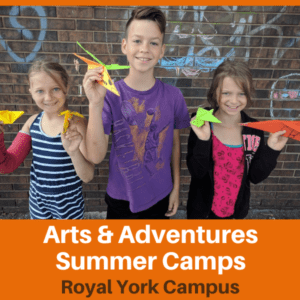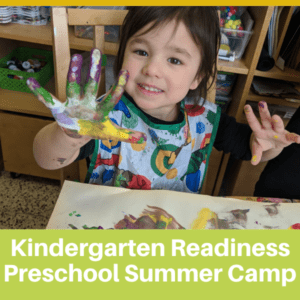
Submitted by Guest Author: Angel Arambulo
Why physical play in classrooms?
Physical play and games are not only an effective way of developing a child’s motor skills but are proven to help enhance a student’s performance in the classroom. This is seen in the way that games can improve a student’s cognitive skills, how physical games can help develop a student’s attention better compared to traditional exercise, and how this is especially effective on students who have conditions such as ADHD.
The benefits of playing games
Games are often not associated with academic environments like the classroom but studies have shown that including games in the curriculum has great benefits for the students involved. For example, through the use of games, students will have opportunities to develop language skills, hypothesis testing and problem-solving. These skills are further enhanced when incorporating games into lessons because games will give the students positive emotions in class. Studies show that positive emotions “enhance optimistic thinking, which leads to more creative problem-solving capacities” (Hromek, 2009).
Why choose cognitively engaging games over traditional exercise?
Activities like yoga, martial arts, and more structured games have been proven to increase a student’s attention when compared to traditional exercises. A study done by Manjunath and Telles (2001, as cited in Li, 2023), recorded that cognitively engaging activities like yoga improved the performance of girls ages 10-13. Whereas activities like jogging, stretching, and weightlifting showed no improvement in performance. Participating in cognitively engaging activities will also benefit students in classes because according to Lakes & Hoyt (2004, as cited in Li, 2023), students involved in martial arts or other similar activities will show great improvement in areas of self-regulation.
How do these types of activities benefit students with ADHD?
There have also been studies that show how cognitively engaging games can help students with ADHD within the classroom. One of the better ways that educators can support students with ADHD in the classroom is by involving them in cognitively engaging activities. In a study by Tomporowski et al. (2015, as cited in Li, 2023), activities like ball games and water sports require more cognitive control and greater environmental variability, which entail more attention from the child. It is believed that these games and factors contribute to the improvement of environmental adaptation and attentional problems in children with ADHD.
With this in mind, engaging children with activities and games like ball games, marital arts, and water sports can be a helpful solution that keeps students healthy physically and can keep them more engaged in the classroom.
References
Li, D., Li, L., Zang, W., Wang, D., Miao, C., Li, C., Zhou, L., & Yan, J. (2023). Effect of physical activity on attention in school-age children with ADHD: a systematic review and meta-analysis of randomized controlled trials. Frontiers in Physiology, 14, 1189443–1189443. https://doi.org/10.3389/fphys.2023.1189443
Li, K., Dong, G., & Gao, Q. (2023). Martial arts enhances working memory and attention in school-aged children: A functional near-infrared spectroscopy study. Journal of Experimental Child Psychology, 235, 105725–105725. https://doi.org/10.1016/j.jecp.2023.105725
Hromek, R., & Roffey, S. (2009). Promoting Social and Emotional Learning With Games: It’s Fun and We Learn Things. Simulation & Gaming, 40(5), 626–644. https://doi.org/10.1177/1046878109333793
For more fun Outside Activities and Oak Learners fun check us out on Instagram and Pinterest
Looking for more? Check out our Outside Activities Archives
Or, sign up for our newsletter below for school updates.
Get updates on new classes, hosted events, and more.











